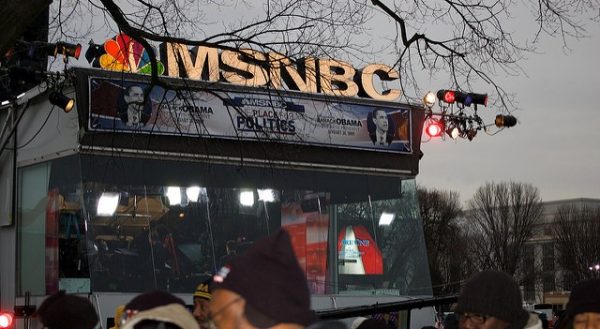
During a political season in which very little has gone according to script, one thing has been fairly predictable: the demand on all sides for “media objectivity.”
Advocates for objective political reporting are typically referring to journalistic conventions that include using direct quotes, presenting “both” sides of the story, and focusing on the presentation of “material facts.” These facts, we are often told, speak for themselves. But as intuitive and appealing as the call for neutral, unbiased reporting might sound, however, sociologists have been both cautious and critical.
One reason for sociological skepticism is that the notion of objectivity in political journalism is actually a fairly recent historical invention. It has less to do with balance or fairness than it does with ritualized procedures journalists use to protect themselves from the pressures they face in the day-to-day reporting of complex issues. Objectivity, in this sense, emerged as a kind of protective blanket for political journalists.
- Michael Schudson. 2001. “The objectivity norm in American journalism.” Journalism 2(2):149–70.
- Gaye Tuchman. 1972. “Objectivity as Strategic Ritual: An Examination of Newsmen’s Notion of Objectivity.” American Journal of Sociology 77:660–79.
Not only are the ritualized practices of objectivity in political journalism relatively new, sociologists have shown that they are fraught with problems and limitations. For example, basic standards of media objectivity are typically less consistently applied to female political candidates and candidates of color.
- Susan Robinson and Kathleen Bartzen Culver. 2016. “When White Reporters Cover Race: News Media, Objectivity and Community (Dis)trust. Journalism. Published online, August 18, 2016.
- Diana Carlin and Kelly L. Winfrey. 2009. “Have You Come a Long Way, Baby? Hillary Clinton, Sarah Palin, and Sexism in 2008 Campaign Coverage” Communication Studies 60(4): 326-343.
Another strand of sociological scholarship suggests that most standards of objectivity are strongly linked to social context, personal experiences, and the types of conversations that people have with their peers. In other words, journalists and media organizations tend to define objectivity in relation to their target audience and frame their coverage to appease this group. This approach suggests that although MSNBC and Fox News typify the seemingly bifurcated nature of political journalism in the United States, they epitomize two sides of the same coin and may represent the “new normal” in political journalism.
- Sarah Sobieraj, Jeffery M. Berry, and Amy Connors. 2013. “Outrageous Opinion Media and Political Anxiety in the U.S” Poetics 41(5): 407-432.
- Natalie Stroud. 2011. Niche News: The Politics of News Choice. New York: Oxford University Press.

Comments